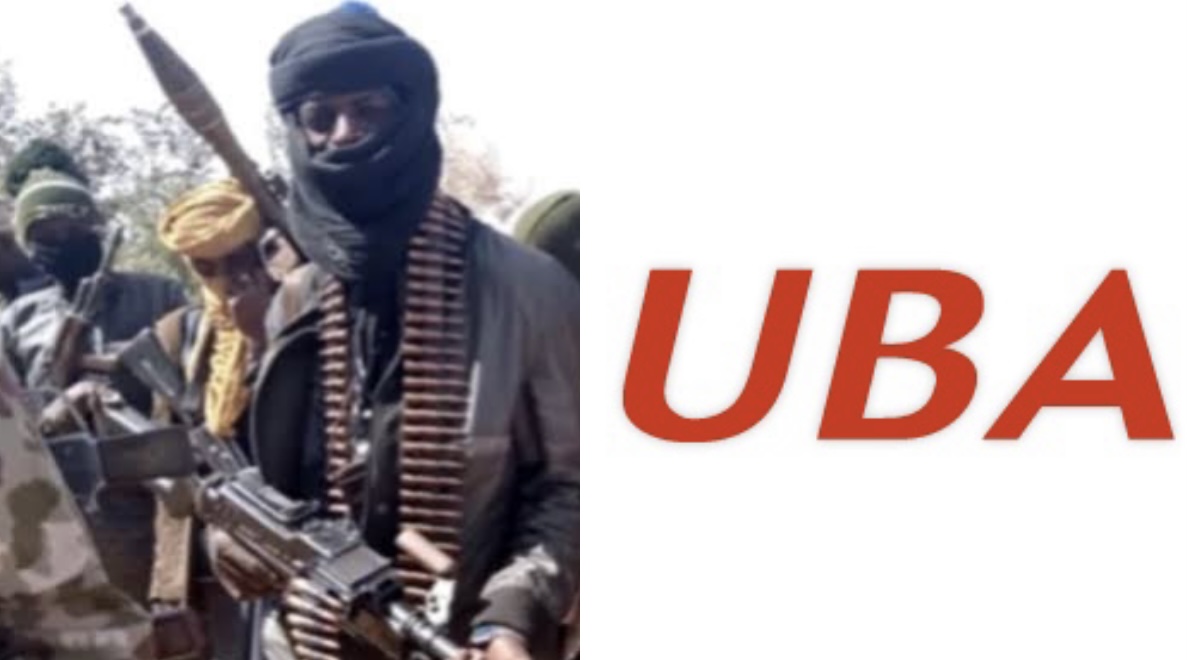-

-
Wikirise.com Advertise with Us HereStats: 4,783 members, 41,616 Posts
Number of Comments : 2,630
Date: Sunday, 22nd December 2024
UBA cuts Abuja opening hours over safety from bandits, other armed groups
By Godwin Emmanuel - September 1, 2022 | Categories: Business Tags: Insecurity
Share this post:

The United Bank for Africa, UBA, has reduced its hours of hours in some of its branches in Abuja and its environs amid a heightening spate of armed banditry and terrorist attacks in the country’s capital.
Announcing the development in a memo to customers, the bank said it took the decision for the safety of its customers and employees, advising customers to channel further transactions to its digital channel.
“Please be informed that some of our branches will now close earlier for the safety of all our customers and employees. Our digital channels will remain available to you 24/7,” the notice of early closure issued by the bank read.
Some customers have expressed concerns about the decision, saying it would further complicate their ability to do business. The bank’s failure to clearly state the hours that its branches would be running on weekdays also did not help apprehensive customers.
Peoples Gazette did not hear back from the bank’s spokesperson who was asked for clarification, especially on affected branches and hours.
The development came weeks after Boko Haram fighters seized control of the prisons in Kuje, an Abuja suburb, freeing hardened criminals into the nation’s capital.
About 900 prisoners, including more than 60 Boko Haram suspects, fled during the attack, for which the Islamic State West Africa Province claimed responsibility.
Residents of the Federal Capital Territory (FCT) and the rest of the nation have recently experienced dread and anxiety due to reports of impending terrorist and bandit assaults. According to intelligence assessments, terrorists are closing in on the city center after leaving the FCT’s fringes.
As concerns grow over the government’s inability to address the lingering security crisis, conversations about fear, low morale, disappointment, and even lack of confidence are becoming more common among citizens, not just in the city, which had been relatively peaceful until recent years, but even inside the presidential villa.
After those attacks, security authorities increased protection in several areas of the nation’s capital through routine patrols and stepped up stop and search procedures at military checkpoints, especially along routes from the suburbs to the city center.